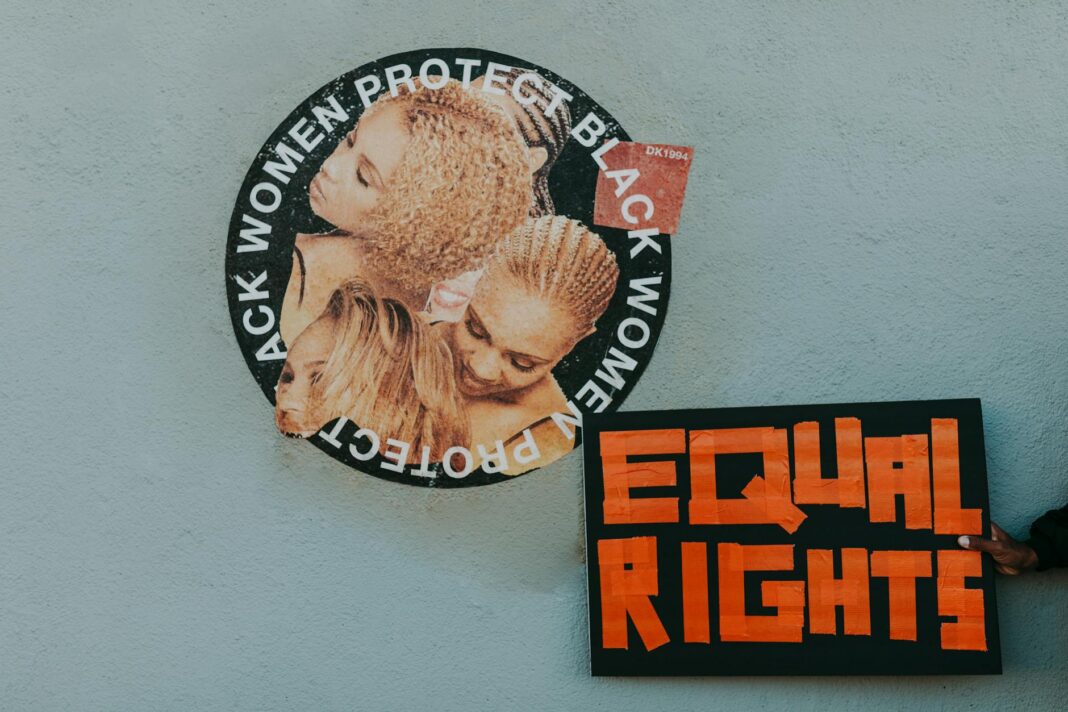Understanding the Impact of Charlie Kirk’s Assassinatio
n
When Charlie Kirk was assassinated, the shockwaves rippled through political circles across the country, but they struck particularly hard on college campuses. Kirk, a prominent conservative figure and founder of Turning Point USA, was known for his polarizing presence in the academic world. His outreach efforts to engage students in conservative discourse transformed him into a lightning rod for both support and criticism. This tragic event has thrust colleges back into the political spotlight, raising urgent questions about safety, free speech, and the increasingly hostile climate for political discourse on campuses.
The Political Battlefield of College Campuse
s
Colleges and universities have long been the epicenter of political activism and debate. They’re not just breeding grounds for new ideas but also battlegrounds where those ideas clash. Kirk’s assassination has reignited discussions about the pervasive political divisions that characterize these institutions. The atmosphere on campuses can often feel like a war zone, with students aligning themselves firmly on opposing sides of the political spectrum. The question now is whether this tragic event will lead to a more open dialogue or further entrench the divide.
The Role of Conservatism in Academi
a
For years, conservatives have lamented the perceived liberal bias prevalent in academia. Kirk’s mission was to challenge that narrative, providing a platform for conservative voices often drowned out by liberal ideologies. His assassination underscores the risks that come with standing firm in one’s beliefs. It raises a crucial point—how much are individuals willing to risk for their political convictions? The incident may also serve as a wake-up call for institutions to reassess how they handle political discourse and ensure a more balanced environment for discussion.
Repercussions and Reflection
s
The fallout from Kirk’s death is likely to be extensive. As students and faculty grapple with the implications, discussions surrounding campus safety, the right to free speech, and the responsibilities of educational institutions are more critical than ever. Will this tragedy force universities to take a closer look at their policies on political expression? Or will it merely add fuel to the already fiery debates surrounding campus culture? The answer remains uncertain, but one thing is clear: Kirk’s assassination has cast a long shadow over the future of political engagement in higher education.
Question
s
What changes do you think colleges should make in light of this incident?
How can universities balance free speech with safety on campus?
Will Charlie Kirk’s assassination affect political engagement among students?




